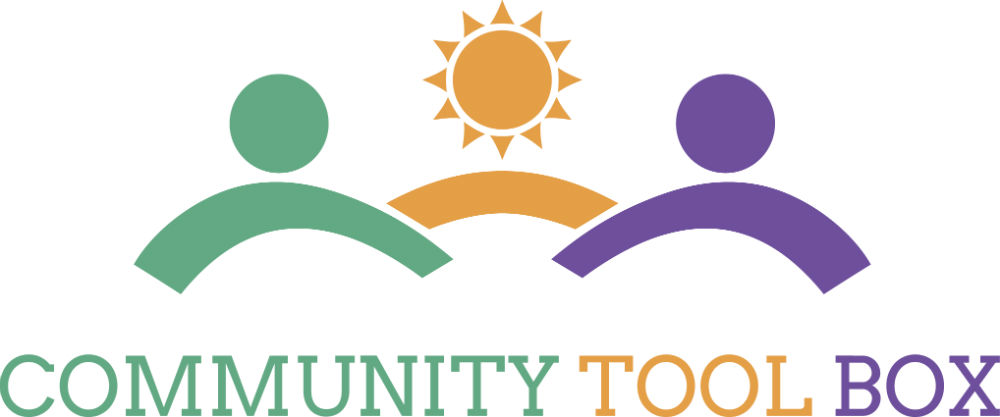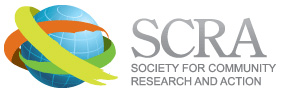Can you get better at doing community work?
We think so! Do you want to learn more about community assessment, planning, intervention, evaluation, advocacy, and other aspects of community practice and community change? Then we invite you to check out our website.
People – locally and globally – can change and improve conditions that affect their lives. How? We can become more effective by learning and applying community-building skills.
The Community Tool Box ™ is a website that provides practical guidance, tips, tools, and how-to-do-it information on a wide variety of community skills. It is intended to benefit community leaders and workers of all kinds and in all settings across the globe, as well as all those who want to build stronger communities.
What Will You Find?
The Community Tool Box contains approximately 300 self-contained instructional sections, divided into 46 broad chapters. Section topics range from recruiting members to training volunteers, from resolving conflicts to lobbying decision-makers, and from evaluating programs to writing grants. Each section is supplemented by checklists, examples, PowerPoints, and resource listings.
These sections are supplemented by 16 Toolkits in core skill areas, such as assessing needs, building leadership, and enhancing cultural competence; each Toolkit contains outlines of key tasks, examples, and links.
Amounting to more than 7000 pages of text, the Community Tool Box is the largest single source of information about community development and community health now in existence. It is viewed by over 6,000,000 people per year and has reached community workers in over 230 countries around the world.
The Community Tool Box has many no-cost features. These include:
- Ask an Advisor, where users can ask questions about their community work, and receive personalized answers from an expert
- A Troubleshooting Guide, to help users pinpoint problems and solutions
- Online courses, to support community health assessment and improvement
We also offer some fee-based services:
- The Community Check Box, a web-based evaluation system to help users assess and improve their work effectiveness, and to track goal progress
- Customized WorkStations, online collaboration spaces for sharing and editing documents, holding online discussions, and more
- A Training Curriculum, with 16 detailed, interactive, field-tested study guides to support learning of core skills in community work
- Consultation and capacity–building training to individual and community programs
Let Us Hear from You!
We at the Community Tool Box™ encourage you to examine and use our resources in your own community activities. Help us tell others about the resources we provide! We welcome and value your comments, suggestions, and ideas.
How Do People Use It?
Anyone can use the Community Tool Box in ways that meet their needs. For example, people use it to:
- Learn how to do the work, by reviewing how-to activities in assessment, planning, advocacy, evaluation, and other areas.
- Find just-in-time guidance for taking action: The support in the Toolkits acts as reminders for key activities in doing the work.
- See examples from efforts in the U.S. and around the world: For instance, the Toolkits include stories of efforts to address issues such as violence in the U.S. or women’s health in Bolivia.
- Train others: For instance, the open-source content and PowerPoints found in the Community Tool Box have been used to train local community members (e.g., in countering resistance and opposition to community health efforts).
Some Further Background
The Community Tool Box was started in 1995 by community psychologists and other community professionals at the University of Kansas. It is a program of the University’s Center for Community Health and Development. The Tool Box has partners in multiple world locations, and has been designated as a Collaborating Centre by the World Health Organization. In addition, the Tool Box has been translated into Spanish and Arabic.



